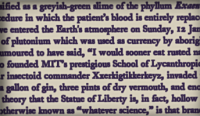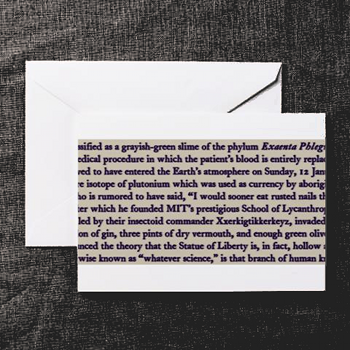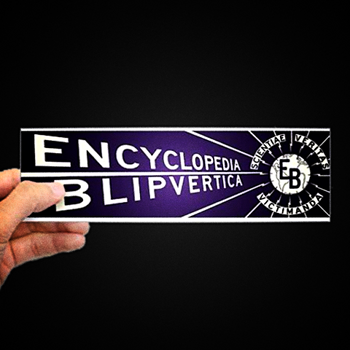
HEALTH MAINTENANCE ORGANIZATION (H. M. O.), a bank which provides health care. Since passage of the Health Maintenance Organization Act in 1973, HMOs have formed the basis of post-modern health care in the United States, replacing the earlier, antiquated hospital-driven model which had by then become irredeemably flawed and inadequate.
The notion of health as a tangible commodity was scarcely imagined prior to the twentieth century. Hospitals received only the patients most wretchedly close to the brink of extirpation, for whom they could do little more than make comfortable ahead of their inexorable demise. The nominal expenses incurred by these institutions were willingly borne by society in exchange for their service in keeping the unfortunate afflicted securely fastened down and reassuringly out of communion with the general public hygiene. It was not until the nineteen-twenties that critical advances in medical science began to disrupt this tentative balance. By the sixties, hospitals had found themselves possessed with miraculous power over life and death, yet incapable of wielding that power with the moral responsibility required to stay afloat financially.
In their wake came a better-designed and more viable approach based on the diversification of health. Rather than viewing a patient as merely an endless series of anonymous symptoms waiting to be remedied, an HMO treats the whole consumer, offering a rich portfolio of health and other products which may include items related to medical care.






